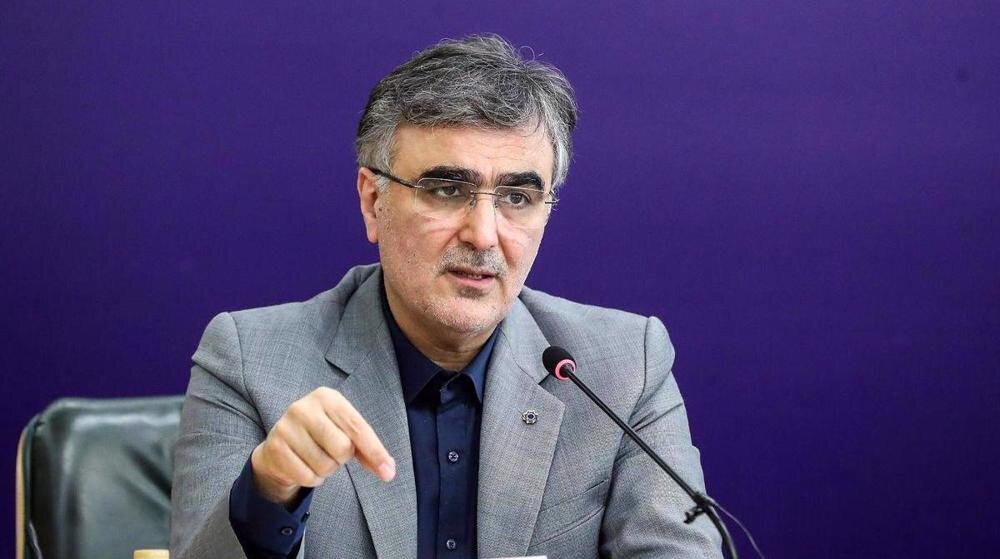
Similar Posts

GECF Leader Sends Heartfelt Condolences to Iran Following Devastating Port Explosion
The Gas Exporting Countries Forum (GECF) has expressed condolences following a tragic blast in Iran on April 26, which caused significant damage and casualties. Secretary General Mohamed Hamel communicated solidarity in a letter to Iran’s Oil Minister, emphasizing the forum’s commitment to supporting victims and their families. He highlighted the importance of international solidarity and cooperation among member states. The incident underscores vulnerabilities in energy infrastructure and the need for enhanced safety measures. Hamel’s message reinforces the collective responsibility of gas-exporting nations to unite during crises, stressing the significance of cooperation in ensuring energy security.
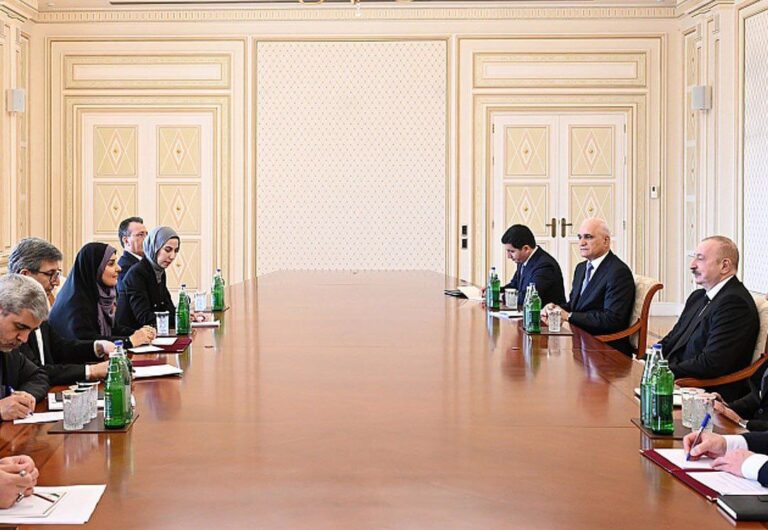
Iran’s Roads Minister Engages with Azerbaijani President Aliyev in Baku: Strengthening Bilateral Ties
Iran’s Roads Minister Sadegh is leading a delegation to Azerbaijan from April 7 to 10 to strengthen bilateral relations and enhance collaboration in transportation, customs, water and energy, oil and gas, and the Preferential Trade Agreement (PTA). The visit aims to address past challenges in joint ventures and prepare for Iranian President Masoud Pezeshkian’s upcoming trip to Baku. Key focus areas include improving trade routes, streamlining customs, exploring joint projects, and fostering technological exchange. This engagement marks a significant step in deepening the cultural and economic ties between Iran and Azerbaijan, potentially leading to mutual economic growth and regional stability.
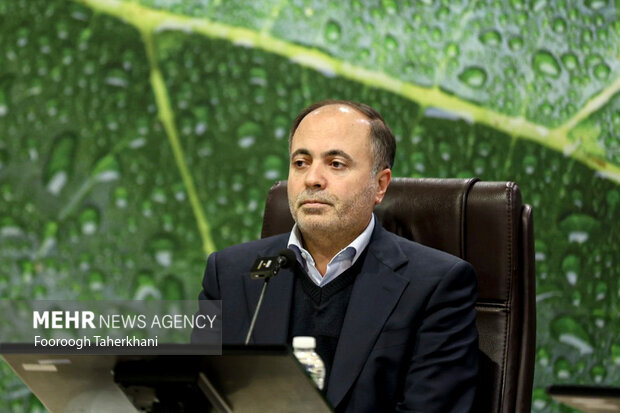
Iran and Kazakhstan Strengthen Economic Ties: A New Era in Trade Relations
Iran and Kazakhstan held a pivotal bilateral meeting in Tehran, focusing on enhancing economic cooperation. Officials expressed a commitment to revitalizing trade relations, with Iranian representatives declaring the start of a new chapter in collaboration. Discussion centered on leveraging both nations’ potential in key sectors such as agriculture, industries, mining, tourism, and trade. The meeting underscored mutual interests in strengthening ties, with optimism for expanded interactions. Both countries aim to harness their resources and geographical advantages for economic growth and cultural exchange, setting a foundation for a robust partnership that benefits the region. Continuous dialogue will be essential for future initiatives.
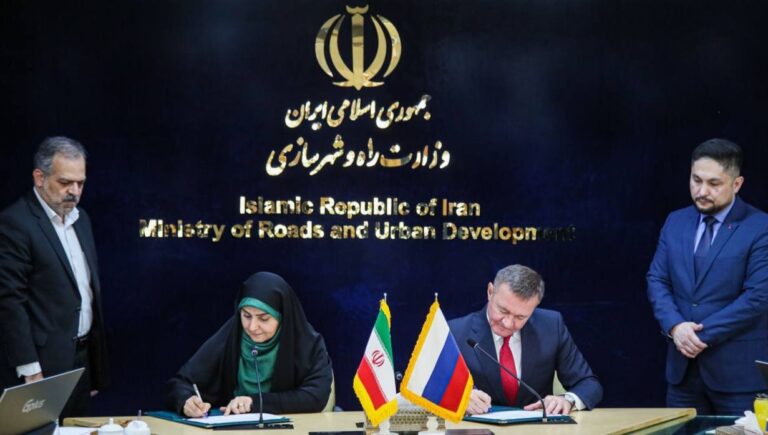
Iran and Russia Forge Strategic 2025 Transit Roadmap: A New Era in Regional Connectivity
Iran’s Minister of Roads, Farzaneh Sadegh, met with Russia’s Transport Minister, Vladimir Starovoyt, to enhance the International North-South Transport Corridor, aimed at boosting trade across Eurasia. They signed the 2025 Joint Transport and Transit Cooperation Roadmap and an annex for the Rasht-Astara railway project, with hopes of finalizing the construction contract by March 2025. Sadegh noted that land acquisition is progressing rapidly, and President Putin’s approval of early engineering studies will expedite the project. This collaboration aims to improve connectivity and economic ties in the region, while the ongoing Caspian Economic Forum further solidifies their partnership.
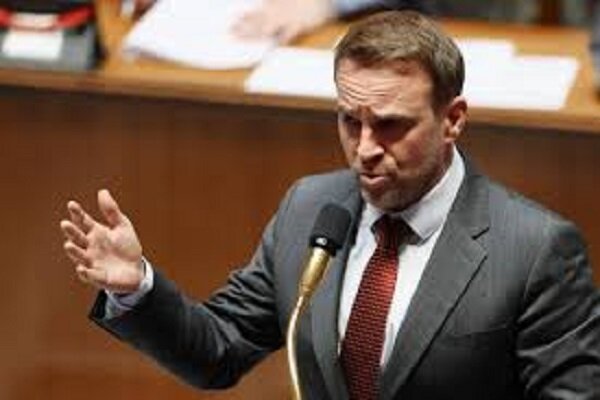
French Minister Calls for Companies to Freeze US Investments Amid Economic Concerns
The financial landscape is increasingly uncertain, prompting experts to advise caution in investments. Ferracci emphasized the complexity of the current climate on France Info radio, urging investors to suspend plans due to market volatility and unpredictable economic indicators. Key considerations include the need for diversification, consulting financial advisors, and understanding the impact of geopolitical tensions, inflation, interest rates, and supply chain disruptions. As uncertainty prevails, maintaining a balanced perspective through informed decision-making and realistic goals is essential. Ultimately, strategic caution is necessary for safeguarding financial interests in these turbulent times.

Iran’s Cement Industry Faces Shutdown Amid Severe Energy Shortages
Energy shortages in Iran have led to the shutdown of kilns at 22 cement factories, threatening the supply chain for the growing construction sector. Despite a 24% year-on-year demand increase for cement in 2024, operational challenges arise from gas supply restrictions and environmental regulations prohibiting the use of mazut due to pollution concerns. Major producers like Abik Cement are heavily impacted, with potential price increases for cement looming. The situation is critical as the government implements planned blackouts to address environmental health risks. This disruption not only threatens the cement industry but also exacerbates broader economic challenges in Iran.